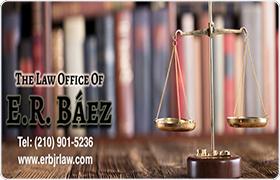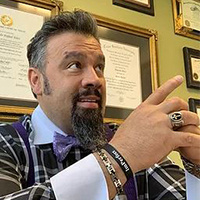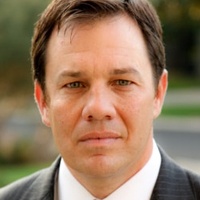Von Ormy White Collar Crime Lawyer, Texas
Sponsored Law Firm
-
 x
x

Click For More Info:
-
The Law Office of E.R. Báez
700 N. Saint Mary's Street Suite 1400 San Antonio, TX 78205» view mapCriminal Defense Law The Pastor Lawyer
Every client is special to us and every client will be treated with respect and dignity. No matter how difficult the case may be, Mr. Báez will treat you with the upmost dignity.
800-903-7181
Sam H. Lock
✓ VERIFIEDCriminal, Juvenile Law, White Collar Crime, Federal Trial Practice, DUI-DWI
San Antonio Criminal Defense Attorney | Bexar County DWI Lawyer
Mr. Lock began his career in civil litigation and then opened the doors of The Law Office of Sam H. Lock in 2000. For more than 10 years, he has been ... (more)
Andrew Preece
White Collar Crime, Felony, DUI-DWI, Criminal
Status: In Good Standing Licensed: 26 Years
FREE CONSULTATION
CONTACTGerald H Goldstein
State Appellate Practice, White Collar Crime, Criminal, Constitutional Law, Antitrust
Status: In Good Standing Licensed: 56 Years
Cynthia Eva Hujar
White Collar Crime, State Appellate Practice, DUI-DWI, Criminal
Status: In Good Standing
Tylden Shaeffer
Identity Theft, Household Mold, White Collar Crime, Juvenile Law
Status: In Good Standing
FREE CONSULTATION
CONTACTBRANDON TODD HUDSON (brandon)
Criminal, Felony, White Collar Crime, Juvenile Law
Status: In Good Standing
 E.R. Báez San Antonio, TX
E.R. Báez San Antonio, TX Practice AreasExpertise
Practice AreasExpertise

